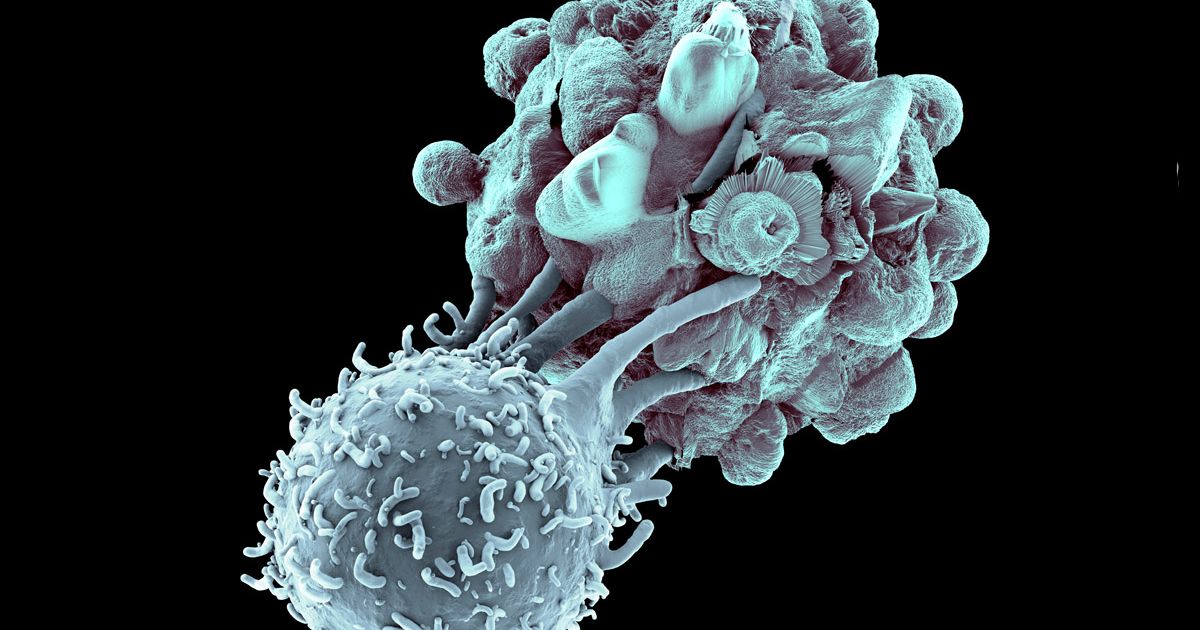Immunotherapy Hydrogel for Enhanced Cancer Therapy
Cyclic dinucleotides (CDNs) are a type of drug sometimes used in immunotherapy treatments, usually administered through a simple injection. The problem is that the drugs end up being circulated throughout the body, which diminishes the concentration at the tumor site and results in them being flushed out of the body relatively quickly.
Therefore, in a new study, researchers from the Rice University and the University of Texas Health Science Center (UTHealth), have now developed STINGel- a combination of immunotherapy drugs called stimulator of interferon gene (STING) agonists with an injectable hydrogel that releases the drug in a steady dose to activate the immune system to kill cancer cells.
According to Rice chemist and bioengineer Jeffrey Hartgerink, the concentration of CDN is key to attacking the cancer. “The normal approach to CDN delivery is simple injection, but this leads to very rapid diffusion of the drug throughout the body and reduces its concentration at the site of the tumour to very low levels,” he said. “Using the same amount of CDN, the STINGel approach allows the concentration of CDN near the tumour to remain much higher for long periods of time.”

The use of slow-release multidomain peptide (MDP) gels allows the continuous delivery of immunotherapy drugs over a period of time. When injected as a liquid, the hydrogel turns semisolid within the body and degrades gradually.
STINGel was tested in vivo on rats, alongside control groups with CDN alone, control collagens with CDN, and MDP with no CDN. Just one out of ten rats injected with CDN alone or via the collagen survived beyond 105 days. However, six of the ten rats treated with STINGel lasted past this point.
It was also observed that they were resistant to further cancer cells implantation, indicating their immune systems had adapted to detect and kill future occurrences of that particular cancer.
Hartgerink added: “The CDN we used in this study is currently in clinical trials. We think that our STINGel approach has the potential to significantly broaden the scope of this powerful immunotherapy drug to a larger range of resistant cancers.”























